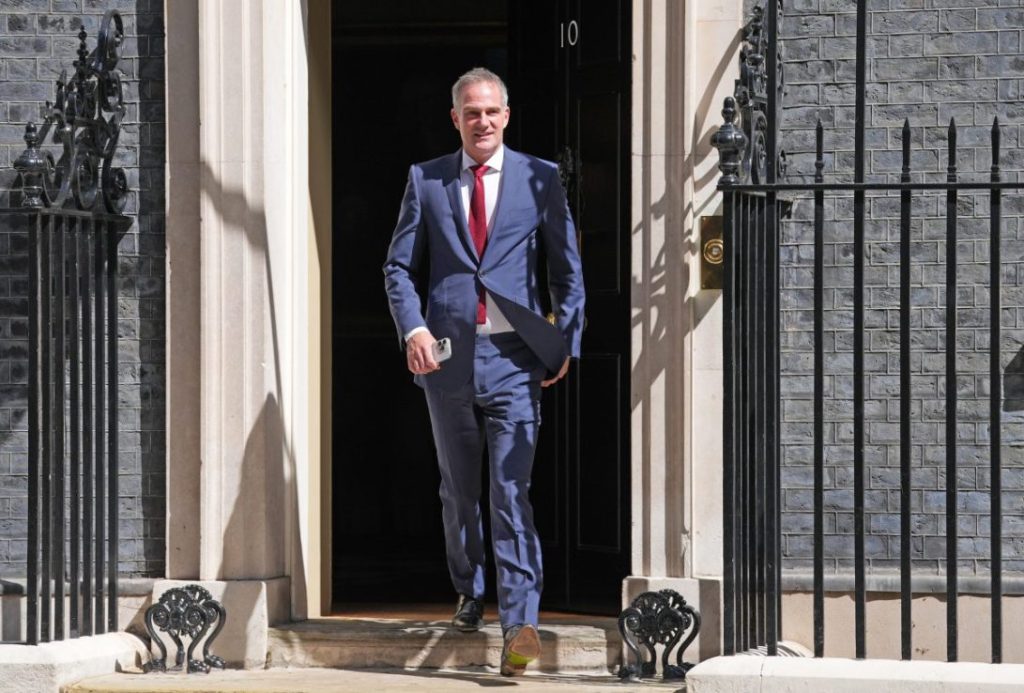The UK government has unveiled a $1 million Open Source AI Fellowship program, funded by Meta through the Alan Turing Institute. This year-long initiative invites the nation’s leading AI engineers to build practical, open-source tools for the public sector. By harnessing models such as Meta’s Llama 4, the scheme aims to accelerate planning approvals, bolster national security, and unlock an estimated £45 billion in productivity gains across government services.
A fellowship designed for public good
Technology Secretary Peter Kyle described the fellowship as “the best of AI in action – open, practical, and built for public good.” Unlike purely academic grants or proof-of-concept projects, this program emphasizes delivery of working applications. Fellows will be embedded with departments ranging from local planning authorities to the NHS, focusing on concrete challenges rather than theoretical research.
Meta’s Vice-Chair Joel Kaplan echoed this mission: “Open-source AI models are helping researchers and developers achieve major scientific and medical breakthroughs. They have the power to transform the delivery of public services as well.” By investing in open-source, the government hopes to avoid costly per-seat licensing fees and ensure the tools remain transparent and adaptable.
Balancing innovation with sovereignty
Despite widespread support, the fellowship has stirred controversy. Critics question whether Meta’s funding role undermines the program’s independence. Concerns center on:
- Data privacy risks: Meta’s past data handling practices have drawn scrutiny, raising worries about how public-sector data might be used or shared.
- Vendor lock-in: Relying on a company with global market dominance may create a dependency, even if the code itself is open-source.
- Sovereign capabilities: True digital sovereignty requires homegrown solutions; partnering with large US firms could conflict with efforts to nurture a British AI ecosystem.
The government acknowledges these challenges and insists the fellowship’s open-source approach, along with rigorous security protocols, will mitigate risk. All code and documentation will be publicly available, and sensitive data will be strictly isolated within secure public-sector environments.
Security, bias, and maintainability
Open-source AI models offer transparency, but they also present operational challenges for government IT teams:
- Securing sensitive data: Deploying models in healthcare, justice or taxation requires robust encryption and strict access controls.
- Ensuring fairness: Open-source models can still reflect biases in their training data; public-sector applications demand thorough bias testing and auditing.
- Long-term maintenance: Government agencies must build in-house expertise to update and patch models over years, avoiding reliance on external vendors for support.
To address these issues, fellows will work alongside the Government Digital Service and national cybersecurity teams. “Our goal is not just to build a prototype, but to deliver a secure, robust service that can be maintained by public-sector IT staff indefinitely,” says a programme director at the Turing Institute.
Complementary partnerships and regional disparities
The fellowship coincides with other major public-sector AI partnerships. Google Cloud recently pledged free cloud and AI services to the NHS and other government bodies, a move that drew criticism for potentially ceding data control to another large US tech firm. The government insists that multiple partnerships will coexist, with open-source solutions providing a counterbalance to proprietary platforms.
Meanwhile, concerns grow over regional imbalances in AI expertise. With 80 percent of UK AI roles located within the M25 corridor, cities outside London risk being left behind. The fellowship seeks to place engineers in local authorities and public bodies across the country, spreading skills and driving digital inclusion in underserved regions.
Early successes: the Caddy tool
An early demonstration of open-source AI in government is the Caddy chatbot, developed in partnership between Citizens Advice and the Cabinet Office. Caddy automates routine queries, freeing frontline staff to handle complex cases. Initial trials have shown a 25 percent reduction in response times and high satisfaction rates among users. This success bolsters confidence that the new fellowship can deliver similar gains at scale.
Fellowship structure and next steps
The program will select ten fellows for a 12-month residency. Each fellow will receive a stipend to work on a clearly defined public-sector problem, supported by mentors from the Turing Institute and participating departments. At the end of the term, projects will be handed over to permanent civil-service teams for production rollout.
Applications are open now through the Alan Turing Institute’s website, with a deadline in late summer. Selection criteria emphasize both technical expertise and a commitment to ethical, transparent AI practice. The first cohort is expected to start in October 2025, with the government tracking key performance indicators such as cost savings, user satisfaction and service uptime.
As the UK races to secure its digital future, the open-source AI fellowship represents a bold experiment. If successful, it could serve as a model for other governments seeking to harness cutting-edge AI in a transparent, accountable way – proving that open-source and public-sector innovation can go hand in hand.
